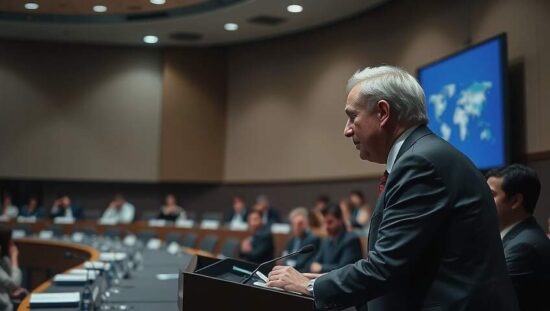Germany’s Foreign Minister, Johann Wadephul, is advocating for increased funding for humanitarian aid within the upcoming federal budget, highlighting potential benefits for the nation. Speaking to Funke-Mediengruppe newspapers, Wadephul stated that safeguarding Germany’s international interests necessitates investment, asserting that the cost of inaction would be significantly greater. He indicated that discussions are underway within the budget planning process to evaluate opportunities to further invest in these global interests.
Wadephul emphasized the interconnectedness of humanitarian efforts and German interests, alongside preventative measures and the mitigation of refugee flows. He argued that these elements can be effectively combined through a commitment to comprehensive international cooperation.
The Minister acknowledged that the United Nations is facing challenges due to decreasing engagement from other nations, particularly the United States. While Germany cannot replace the U.S. role, Wadephul suggested a need for Germany, as the second-largest donor, to strategically increase support where appropriate.
From Germany’s perspective, investment in the rules-based international order is viewed as a sound allocation of resources. The withdrawal of other nations from global involvement also presents opportunities for Germany, including advancements in security policy, economic partnerships, securing vital resources like rare earth minerals, cultivating new trade relationships and accessing previously untapped markets.
The draft budget presented by Federal Finance Minister Lars Klingbeil allocates €1.4 billion for humanitarian aid and crisis prevention through the Foreign Ministry for the coming year – a slight decrease from the current year’s spending. Expenditures for contributions to the United Nations and international organizations are also projected to decrease by approximately €84 million, reaching around €961 million.
Concurrent cuts have already been implemented within the current budget affecting development cooperation and humanitarian aid under the remit of the Development Ministry. The ministry’s budget is shrinking this year by almost €1 billion, settling at €10.3 billion, with further reductions exceeding €300 million planned for the following year.





